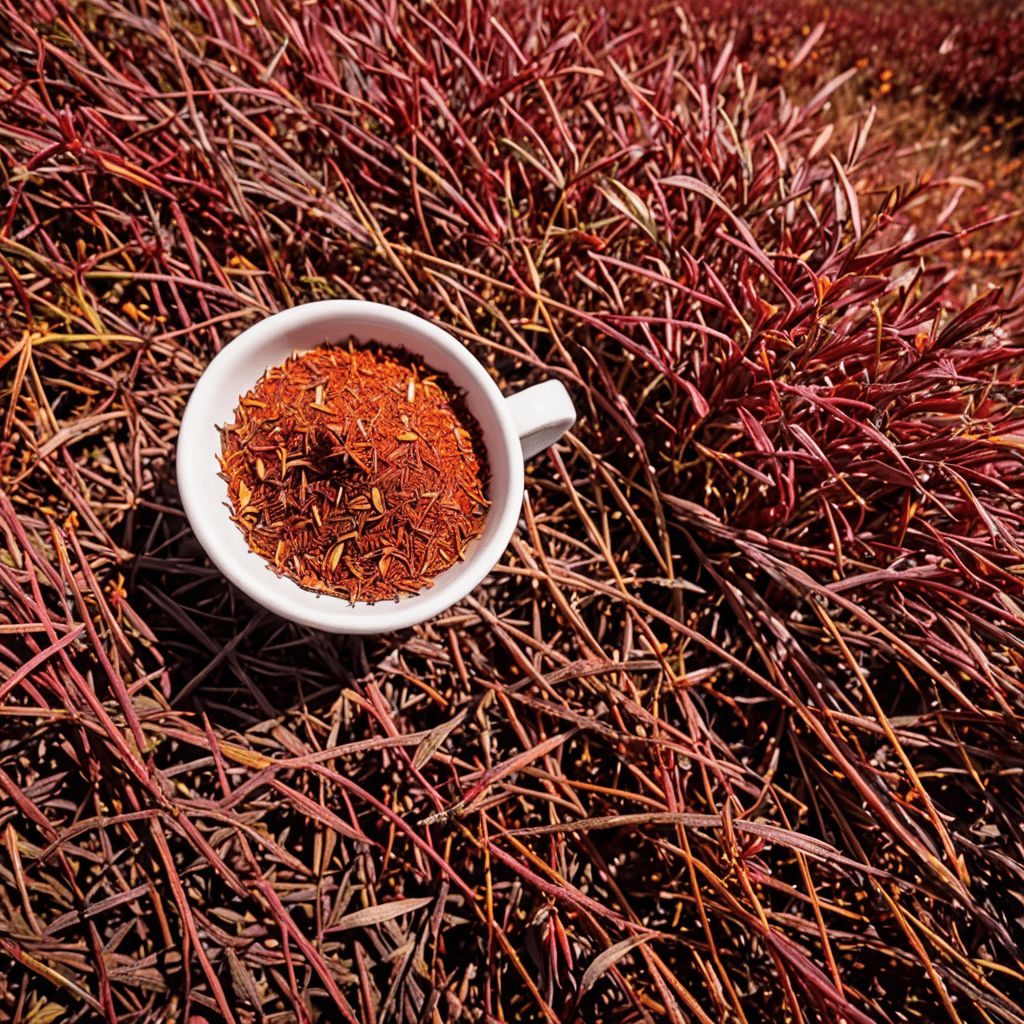The Environmental Benefits of Rooibos Tea Farming
Rooibos tea, a popular herbal tea native to South Africa, not only offers a delightful beverage experience but also brings about numerous environmental benefits through its sustainable farming practices.
1. Water Conservation
Rooibos plants thrive in the arid regions of South Africa, requiring significantly less water compared to many other crops. This water-efficient cultivation helps conserve precious water resources, making rooibos tea farming an environmentally friendly choice.
2. Biodiversity Preservation
By growing rooibos tea, farmers contribute to the preservation of biodiversity in the region. The cultivation of rooibos promotes the healthy coexistence of various plant and animal species, fostering a balanced ecosystem.
3. Soil Health Improvement
Rooibos plants have a taproot system that helps prevent soil erosion and improve soil structure. This deep root system also aids in nutrient absorption, reducing the need for chemical fertilizers that can harm the environment.
4. Carbon Sequestration
Rooibos tea farming plays a role in carbon sequestration, capturing and storing carbon dioxide from the atmosphere. This helps mitigate the effects of greenhouse gas emissions and contributes to combating climate change.
5. Minimal Chemical Usage
Organic rooibos tea farming practices emphasize minimal pesticide and herbicide use, promoting a healthier environment with reduced chemical contamination. Choosing organic rooibos tea supports sustainable agricultural techniques.
6. Renewable and Biodegradable Packaging
In addition to sustainable farming practices, many rooibos tea producers opt for renewable and biodegradable packaging materials, further reducing the environmental impact of the entire tea production process.
7. Community Empowerment
Rooibos tea farming often involves local communities, providing employment opportunities and supporting economic development in rural areas. By choosing rooibos tea, consumers can contribute to the well-being of these communities.
FAQ About the Environmental Benefits of Rooibos Tea Farming
What are the environmental benefits of Rooibos tea farming?
Rooibos tea farming is environmentally friendly as it requires minimal water compared to traditional tea crops. The plant also enriches the soil and prevents erosion, promoting sustainable agriculture practices.
How does Rooibos tea farming contribute to biodiversity?
Rooibos tea plantations provide habitat for various wildlife species and support biodiversity conservation. The cultivation of Rooibos tea helps maintain ecological balance in the region where it is grown.
Does Rooibos tea farming use pesticides or chemicals?
Rooibos tea is naturally resistant to pests, reducing the need for chemical pesticides. This results in cleaner air, soil, and water in the areas where Rooibos is cultivated, benefiting both the environment and consumer health.



